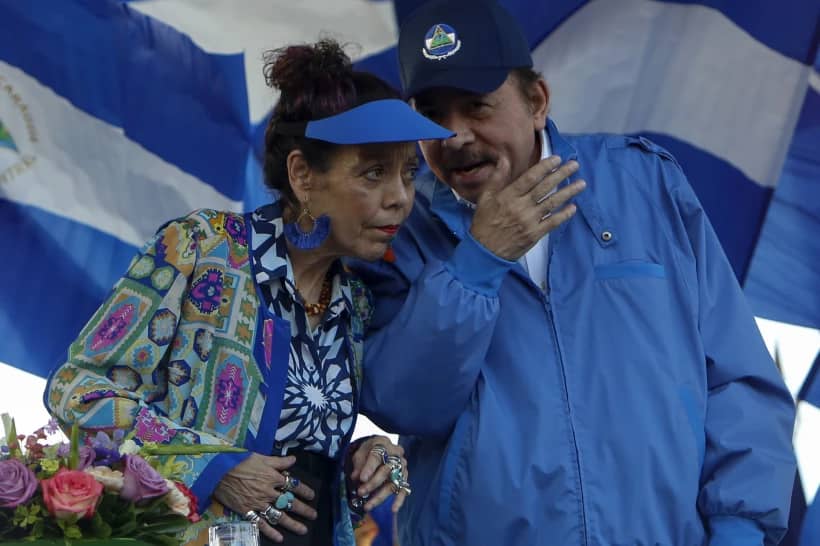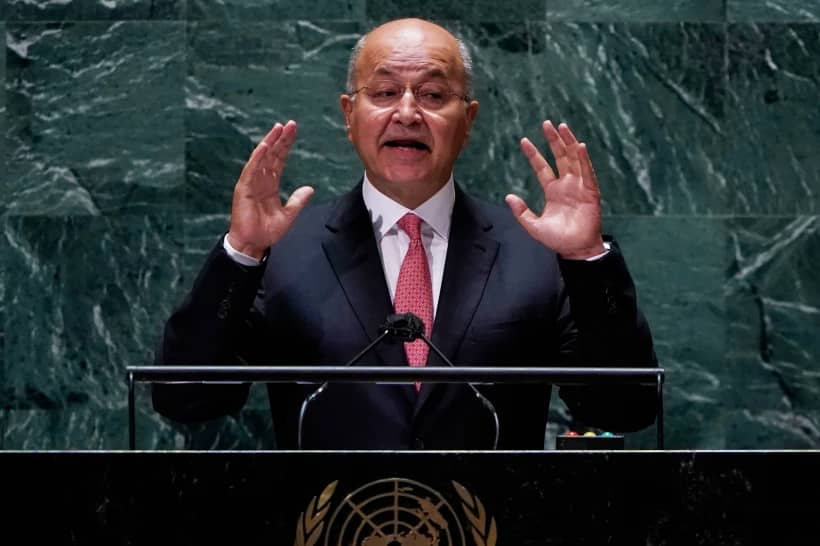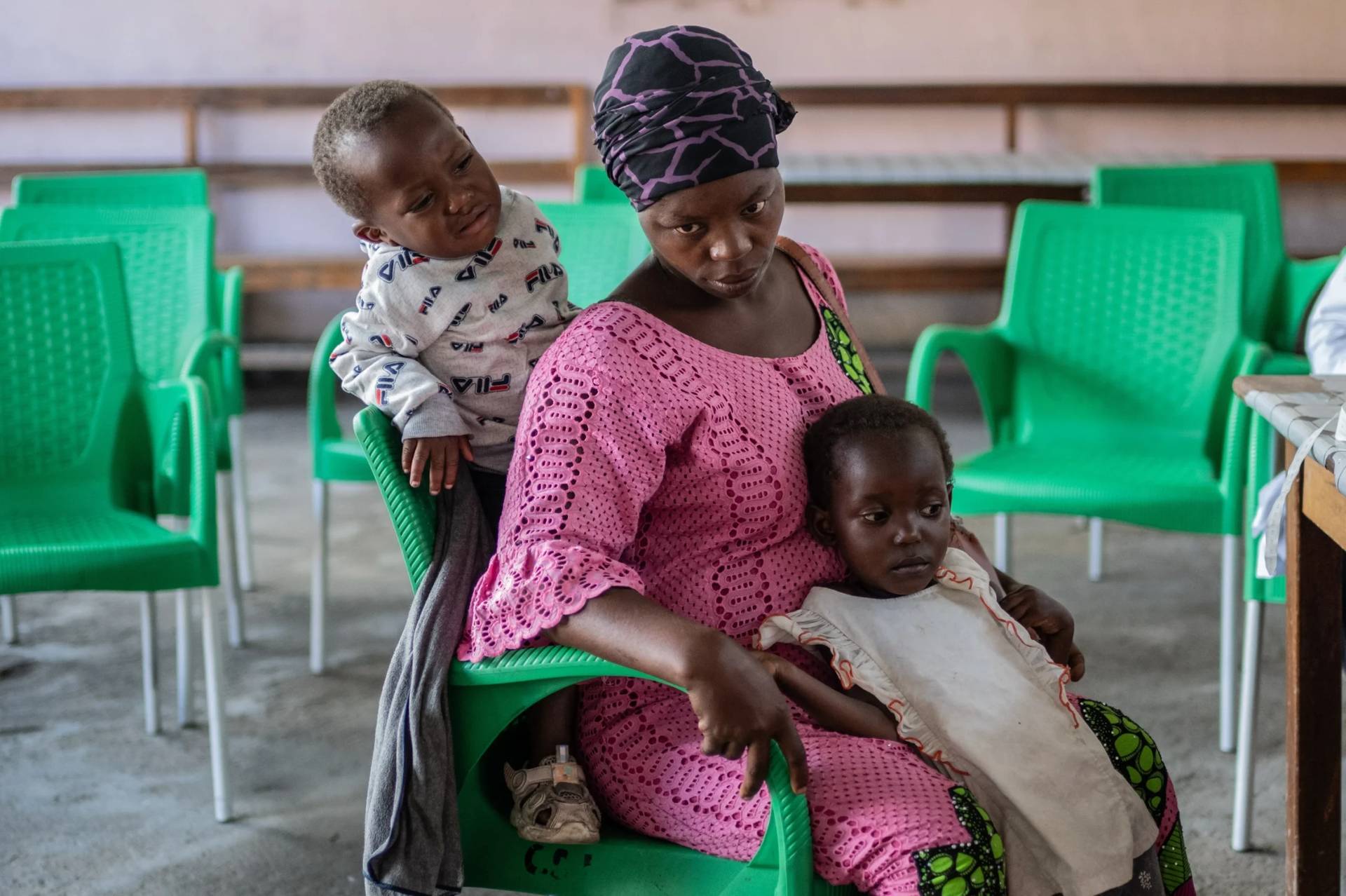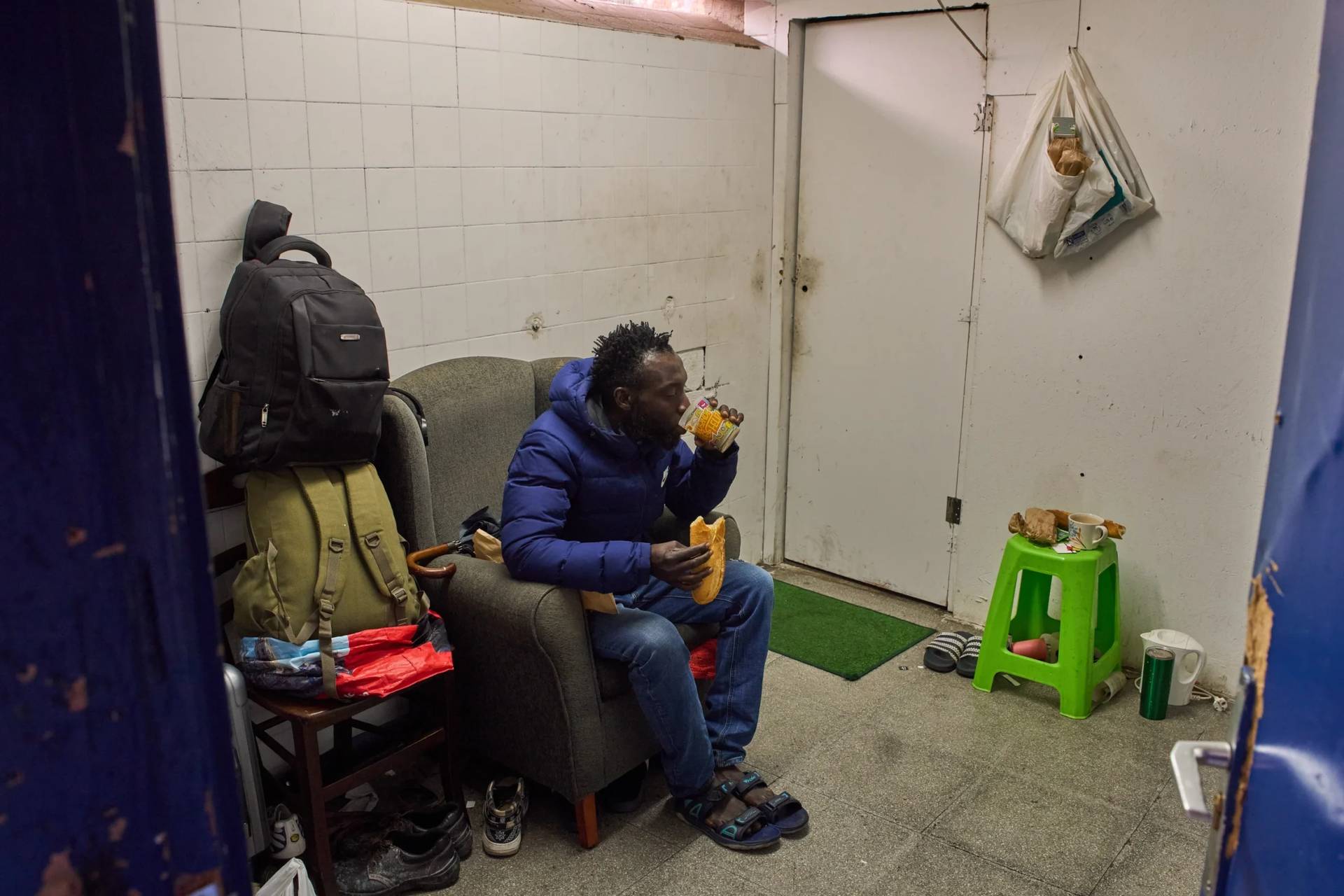ROME – As Pope Francis is set to release an encyclical letter on human fraternity, one of his top aides insists the pope’s vision has nothing to do with fevered alarms among some critics that it’s about one-world government and watering down religious differences to create a syncretistic mish-mash.
“It’s absolutely not about naively, or disingenuously, marching towards that idea,” said Spanish Cardinal Miguel Ángel Ayuso Guixot, President of the Pontifical Council for Interreligious Dialogue.
“This isn’t about promoting some movements in the world that think in globalist terms about a ‘universal fraternity,’” Ayuso told Crux. “It’s nothing more than creating a space in which one’s identity can be affirmed by others, where understanding of the other can be developed and promoted, and where there’s sincerity of intention.”

Ayuso, 68, was a key figure in the pope’s February 2019 outing to Abu Dhabi, where he signed a “Document on Human Fraternity” along with the Grand Imam of Al-Azhar, the most authoritative institution in the Sunni Muslim world. He now serves as president of the “Higher Committee for Human Fraternity,” a body created to guide implementation of the document composed of five Muslims, a Jewish rabbi, two members of the Roman Curia and one United Nations official.
Ayuso sat down to speak with Crux in his Vatican office on Sept. 23.
Although Ayuso emphasized that he hasn’t yet read the new encyclical, titled Fratelli Tutti and dedicated to the theme of human fraternity, he said he hopes it won’t be subject to the same political spin as Francis’s last encyclical, Laudato si’, in 2016.
“The day Laudato Si’ was published, the pope came here to our office to meet with us,” he said. “The meeting was at 11:15 a.m. We talked with him, and at the end we said, ‘This new ‘ecological’ encyclical, this ‘green’ encyclical, as people were saying, is about to come out at noon.”
“He said to us, ‘Green’? ‘Ecological’? Why? My desire is nothing more than to reawaken in the Church and the world the social doctrine of the Church.’”
Pope Francis is scheduled to travel to Assisi, the birthplace of his namesake St. Francis, to sign the encyclical on Oct. 3, though a Mass he’s expected to celebrate will be held in private due to Covid-related concerns about avoiding crowds. The title of the document is a quotation from one of St. Francis’s admonitions to members of the Franciscan order he founded.
Ayuso insisted that Francis’s core themes aren’t political, but applications of Catholic social teaching.
“For Pope Francis, in light of his experience, what I’ve seen is that he’s strongly characterized, shaped, by the necessity for the Church to be well inserted into the society,” Ayuso said. “If you take the Compendium of the Social Doctrine of the Church published in 2004 and flip through the index, you’ll see that every chapter represent things Pope Francis is developing.”
“To me, it’s surprising that some people, some journalists and also some members of the Church, take all this as if it were an ideological campaign by Pope Francis,” he said. “If you know the social doctrine of the Church even a little bit, you can easily understand what he’s doing.”
The Spanish cardinal also expressed hopes that reaction to the encyclical won’t be dominated by debates over how to translate its title, Fratelli Tutti, which literally means “all brothers.” Some critics have described that as sexist language, suggesting it excludes women.
“Will the encyclical bear fruit, producing deeper social friendship in order to resolve problems for the good all humanity?” Ayuso asked rhetorically. “Or will we limit ourselves to [the title] Fratelli Tutti, [arguing about] ‘brothers yes, sisters no’? Even before a document is offered to the Church and to the whole world, will we create a breach and an absurd division?”
“It’s self-contradictory,” he said. “Just a little understanding of the spirit of St. Francis of Assisi is enough to know that where he says ‘brothers,’ it’s obvious he’s referring to all humanity.”
On a different front, Ayuso addressed the recent “Abraham Accords” establishing relations between Israel and the United Arab Emirates as well as Israel and Bahrain, with the backing of US President Donald Trump. Although it’s a political agreement, Ayuso said such developments inevitably have fallout for inter-religious relations.

“When there are events like this, including political ones, they’re signs and gestures that provide a bit of hope,” he said. “They suggest that with effort from everyone, something can be done in the world.”
Yet Ayuso was careful not to endorse the agreement itself.
“More than this accord, what I see as positive is every effort that favors a resolution in the Middle East and Jerusalem, between the Israelis and Palestinians, with respect for the status quo in Jerusalem and the vision of a two-state solution for two peoples who can live peacefully next to one another,” Ayuso said.
“Every initiative of that character is always positive and welcome,” he said.
Some critics have argued that the Abraham Accords actually make a two-state solution less likely, sidelining the Palestinians, even though the deal envisions a suspension of Israeli plans to annex part of the West Bank.
Finally, Ayuso told Crux that the limits on travel and in-person meetings imposed by the coronavirus have created new challenges for inter-religious dialogue, which tends to depend on face-to-face encounters. At first, he said, the tendency was to rely too much on virtual substitutes.
“Frankly, I’m a little tired of it,” he said. “[I’ve spent] hours and hours and hours to talk for five minutes, and in those five minutes, unfortunately, the connection wasn’t good, people couldn’t hear, and so after five minutes they thank me and I go home exhausted without seeing anybody.”
“We can’t spend every day on Zoom just to satisfy the desire to do something,” he said.
Gradually, Ayuso said, a new balance is coming into focus.
“People involved in dialogue want to do something, make something happen, but maybe what we need to do is calm down a bit and think more, to try to make our work deeper, aiming for publications and exchanges which are truly useful,” he said.
“I think we’re getting there,” Ayuso said.
Follow John Allen on Twitter at @JohnLAllenJr.
















